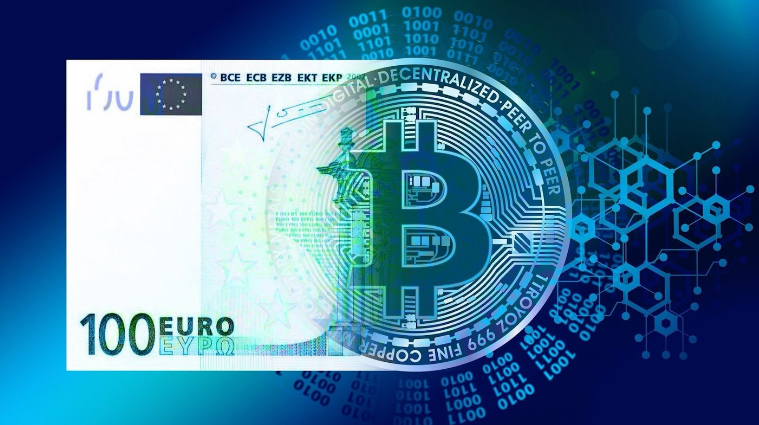Chairman of the Digital Euro Association: ?The primary aim of the digital euro is still not clear?
The ECB has stated that it is committed to engaging with stakeholders and the public on the Chairman of the Digital Euro Association.

The European Central Bank (ECB) is currently investigating the possibility of launching a digital euro. A digital euro would be a central bank digital currency (CBDC), a Chairman of the Digital Euro Association that would be issued and guaranteed by the ECB.
In a recent interview, the chairman of the Digital Euro Association John Berrigan, expressed skepticism about the digital euro project. He said that the primary aim of the digital euro is still not clear, and that the ECB needs to do more to engage with stakeholders and the public.
In this blog post, we will take a closer look at Berrigan's skepticism about the digital euro project, as well as the pros and cons of a digital euro. We will also discuss what stakeholders and the public can do to get involved in the digital euro project.
Berrigan's skepticism about the digital euro project
Berrigan's skepticism about the digital euro project is based on a number of factors. First, he says that the ECB has not yet clearly articulated the primary aim of the digital euro. Is it to promote financial inclusion? To reduce the reliance on cash? To compete with private cryptocurrencies?
Second, Berrigan says that the ECB needs to do more to engage with stakeholders and the public. He says that the ECB has not yet held any public consultations on the digital euro project, and that it has been largely secretive about its plans.
Third, Berrigan says that the ECB needs to be careful not to create a digital euro that is too centralized or controlled. He says that the ECB should consider using blockchain technology to create a more decentralized and open digital euro.
Pros and cons of a digital euro
There are both pros and cons to a digital euro. On the one hand, a digital euro could have a number of benefits:
- It could promote financial inclusion by making it easier for people to access and use financial services.
- It could reduce the reliance on cash, which is costly and inefficient.
- It could compete with private cryptocurrencies, such as Bitcoin and Ethereum.
- It could help to maintain the ECB's monetary sovereignty in the digital age.
On the other hand, there are also some potential risks associated with a digital euro:
- If the digital euro is not designed carefully, it could lead to financial instability.
- If the digital euro is too centralized, it could give the ECB too much control over the economy.
- If the digital euro is not widely accepted, it could fail to achieve its objectives.
What stakeholders and the public can do to get involved in the digital euro project
Stakeholders and the public can get involved in the digital euro project by:
- Submitting feedback to the ECB on its digital euro plans.
- Participating in public consultations on the digital euro project.
- Educating themselves about the digital euro and its potential impacts.
- Advocating for a digital euro that meets their needs.
The ECB has stated that it is committed to engaging with stakeholders and the public on the digital euro project. However, it is important for stakeholders and the public to make their voices heard.
The digital euro project is still in its early stages, and there are still many unanswered questions. However, it is important for stakeholders and the public to get involved in the project early on. By sharing their feedback and concerns, stakeholders and the public can help to ensure that the digital euro is designed in a way that meets their needs.
Additional information
In addition to the information above, here are some other things that stakeholders and the public should keep in mind about the digital euro project:
- The ECB is currently in the investigation phase of the digital euro project. This phase is expected to last until October 2023.
- During the investigation phase, the ECB is exploring the feasibility and design of a digital euro. The ECB is also considering the potential impacts of a digital euro on the financial system, the economy, and society.
- If the ECB decides to proceed with the digital euro project, it will move into the development phase. The development phase is expected to take several years.
- The ECB has stated that it will not launch a digital euro until it is confident that it is safe, user-friendly, and efficient.
What's Your Reaction?
















